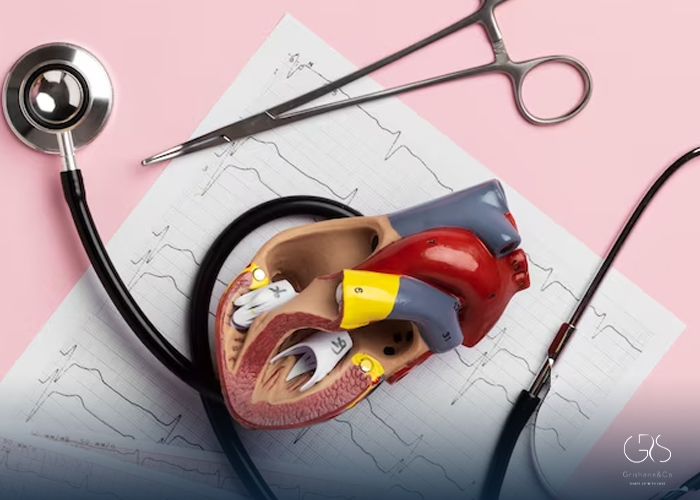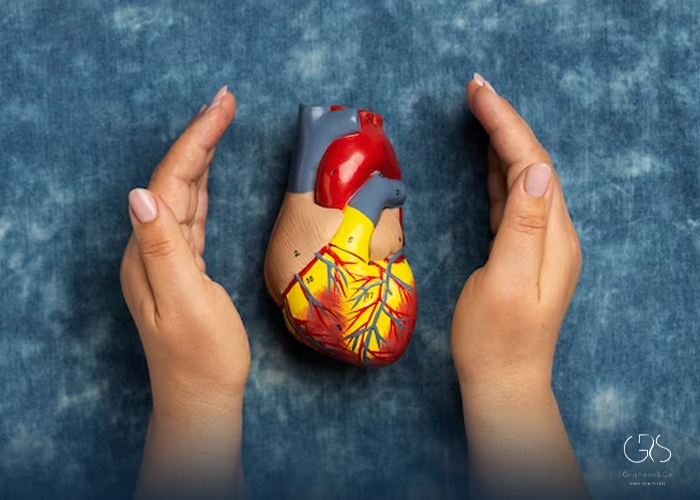When it comes to cardiovascular health, cholesterol often takes center stage. Alongside LDL cholesterol, which is commonly referred to as “bad” cholesterol, HDL cholesterol plays a vital role in understanding an individual’s heart health. High-density lipoprotein (HDL) cholesterol is often labeled as “good” cholesterol due to its protective characteristics against heart diseases. In this comprehensive article, we delve into the intricacies of HDL cholesterol – its functions, significance, ways to raise HDL cholesterol levels, and habits for promoting heart health.
Understanding HDL Cholesterol
Contrary to the negative connotation associated with the term “cholesterol,” HDL cholesterol serves a beneficial purpose. HDL cholesterol is a lipoprotein that transports cholesterol from various parts of the body back to the liver, where it is then eliminated from the body. This process is known as reverse cholesterol transport and is the primary reason HDL cholesterol is referred to as “good” cholesterol.
The Significance of HDL Cholesterol in Heart Health
Maintaining optimal levels of HDL cholesterol is crucial for promoting heart health. Research has consistently shown a strong inverse relationship between high levels of HDL cholesterol and the risk of cardiovascular diseases (CVD). Higher levels of HDL cholesterol have been associated with a reduced risk of heart attacks, strokes, and other heart-related ailments.

Factors Influencing HDL Cholesterol Levels
Several factors contribute to the levels of HDL cholesterol in our bodies, including genetics, lifestyle choices, and underlying health conditions. Age, gender, physical activity, smoking, obesity, and certain medications can all impact HDL cholesterol levels. Furthermore, diseases such as diabetes, kidney disease, and liver disease can influence HDL cholesterol levels.
Raising HDL Cholesterol Levels Naturally
Fortunately, there are several lifestyle modifications that individuals can adopt to raise their HDL cholesterol levels. Regular physical exercise, a well-balanced diet, quitting smoking, and managing weight are key components in increasing HDL cholesterol levels naturally. Incorporating beneficial fats, such as omega-3 fatty acids, and limiting intake of trans fats can also have a positive impact on HDL cholesterol.
Medical Interventions
In some cases, lifestyle changes alone may not be sufficient to raise HDL cholesterol levels. In such instances, medical interventions may be recommended. Medications such as statins and niacin have been used to increase HDL cholesterol. However, it is important to consult with a healthcare professional to determine the most appropriate course of action based on an individual’s specific health history and needs.

Exploring Diverse Perspectives on HDL Cholesterol
While HDL cholesterol is generally regarded as a positive factor in heart health, recent studies have challenged this notion. Some researchers argue that while higher levels of HDL cholesterol are associated with a reduced risk of CVD, interventions aimed at increasing HDL cholesterol levels have not yielded the expected results in clinical trials. This raises questions about the significance of HDL cholesterol as an independent indicator of heart health.
Conclusion
Understanding the intricacies of HDL cholesterol is fundamental when striving for optimal heart health. HDL cholesterol, the so-called “good” cholesterol, plays a crucial role in protecting against cardiovascular diseases. By adopting a healthy lifestyle, individuals can raise their HDL cholesterol levels and effectively reduce the risk of heart-related ailments. Consultation with healthcare professionals regarding appropriate interventions is advised for those with specific needs. Remember, a comprehensive approach is necessary to establish a healthy heart and well-being.
Sources
- Mayo Clinic, HDL cholesterol: How to boost your 'good' cholesterol
- American Heart Association, Cholesterol Abnormalities and Heart Disease
- National Center for Biotechnology Information, High-density lipoprotein cholesterol: How High? How Low?










